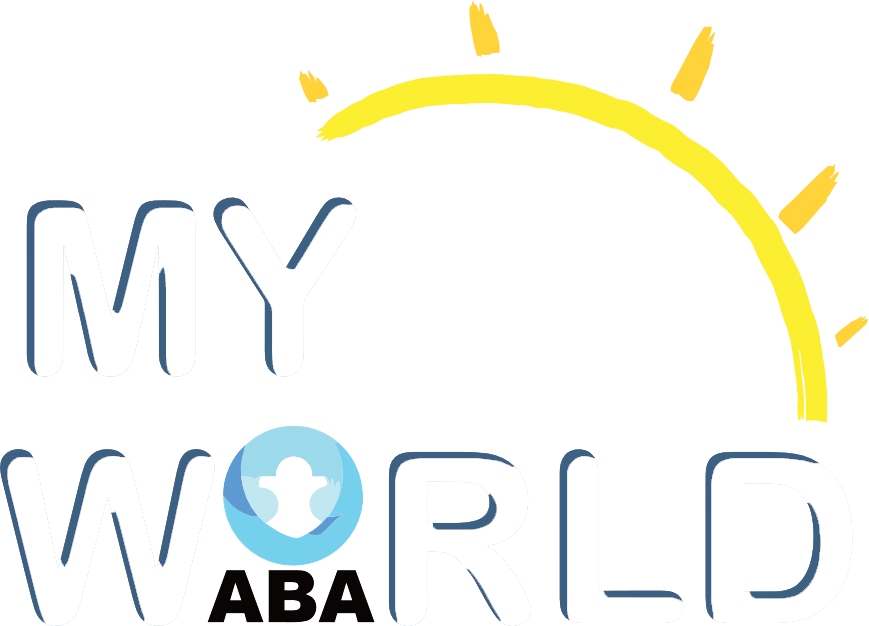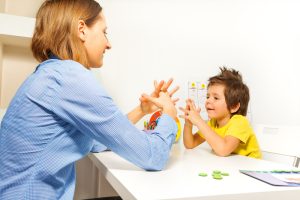Having a child with autism can bring immense love, joy, and challenges to a family. While every child is unique and deserves equal love and attention, it can be challenging to balance the needs of a child with autism with those of their siblings.
As parents, we want to ensure that all our children feel equally loved and cared for, but it can be overwhelming to navigate the different needs and dynamics within a family affected by autism.
We understand the complexities and emotions that come with raising a child with autism and the importance of making sure that their siblings also feel seen and heard. My World ABA discusses balancing sibling needs when you have a child with autism to create a loving and harmonious family dynamic where every child feels valued and loved. Whether you are a parent, grandparent, or caregiver, we hope to provide practical tips and heartfelt advice to support you on this journey.
Related Post: Autism and Affirmation: Encouraging Positive Self-Image in Kids
Understanding the Unique Needs of Each Child
Navigating family life when one child has autism involves a deep understanding that each child, regardless of their needs, desires to feel:
- Loved
- Accepted
- Understood
It’s essential to recognize that the needs of a child with autism might differ significantly from those of their siblings, but this doesn’t mean one set of needs is more important than the other. Every child has a unique personality, interests, and ways of expressing love and needing affection.
For a child with autism, communication might look different, or they might have specific routines that help them feel secure. On the other hand, their siblings might express their needs through words, actions, or in quieter ways that also call for attention and understanding. Acknowledging and respecting these differences is the first step in ensuring that all children in the family feel equally valued.
It’s about creating an environment where each child’s individuality is celebrated and their personal needs are met with empathy and care. Doing so fosters a family culture emphasizing individual worth and collective harmony, laying a solid foundation for all children to thrive.
Open Communication is Key
One of the cornerstones of nurturing a balanced and emotionally healthy family environment, especially when autism is part of the family dynamic, is fostering open communication. It is vital to encourage all children to share their feelings, thoughts, and experiences openly and without fear of judgment.
This means creating a safe space where emotions and thoughts can be expressed freely, whether they’re related to the joys and challenges of having a sibling with autism or the myriad other aspects of their lives. Parents need to lead by example, demonstrating active listening and validating each child’s feelings. This not only helps the siblings of a child with autism feel heard and understood but also teaches empathy and understanding towards the unique experiences of their brother or sister with autism.
Open communication helps prevent neglect or misunderstanding and builds a strong family bond where every member knows their voice is valued. Through regular family meetings, one-on-one conversations, and creating moments for sharing, families can navigate the complexities of autism together, ensuring that every child feels an integral part of the family’s journey.
Creating Inclusive Family Activities
Crafting family activities that include all children, irrespective of their needs or abilities, is essential for fostering a sense of belonging and unity. Consider activities that can be easily adapted to each child’s interests and capacities, allowing everyone to participate and enjoy the moment together.
This might mean choosing outings or games that accommodate the sensory preferences of a child with autism while still being engaging for other siblings. For instance, a nature walk can be calming and offer sensory experiences for a child with autism while also providing opportunities for exploration and learning for their siblings.
Similarly, interactive and flexible at-home activities like building a fort, art projects, or cooking together can be designed to ensure everyone’s involvement. The goal is to find common ground where the joys of family life can be shared, highlighting the value of teamwork and the beauty of differences.
Related Post: Sensory Play Techniques for Autistic Children
Individual Attention and Bonding
Ensuring that each child receives individual attention is critical to fostering strong bonds and affirming each child’s unique place in the family. It’s essential to set aside one-on-one time with each sibling, engaging in activities or conversations that reflect their personal interests and affections.
This bonding time might look like reading a favorite book with one child while taking a bike ride or engaging in a hobby with another. The activity itself is less important than the message it sends: “You are important to me, and I cherish our time together.”
This dedicated time allows siblings to feel special and valued for who they are outside of their role in the larger family unit or in relation to their sibling with autism. Through these individual bonding moments, children gain a sense of security and self-worth that nurtures their development and strengthens the family as a whole.
Supporting Siblings Through External Resources
In addition to the love and support provided at home, seeking external resources can play a significant role in ensuring siblings feel supported and understood. There are many organizations and support groups dedicated to the families of children with autism, which also focus on the well-being of siblings.
Furthermore, family counseling or therapy sessions can offer tailored support, addressing any concerns or difficulties in a professional setting. Educational resources and workshops can also equip siblings with a better understanding of autism, fostering empathy and strengthening the family bond. By tapping into these external resources, parents can provide additional support for their children, reinforcing the message that they are not alone and that their feelings matter.
Autism Support in Springfield and Joplin
My World ABA provides ABA therapy in Joplin and Springfield, MO. Our approach is based on kindness and understanding, and we strive to create a fun and inclusive environment where your child will feel welcome. We also help educate family members and help them find the resources they need for their family to thrive.
To learn more about our services or answer additional questions, visit our website or call (417) 818-5784 today.





